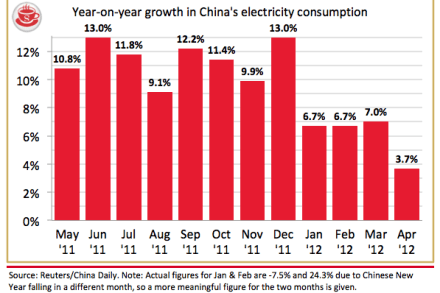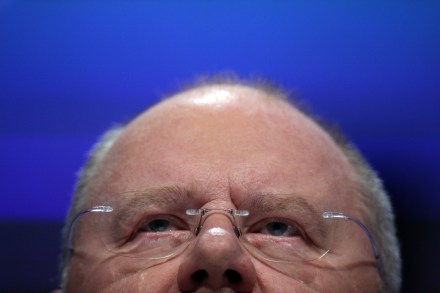Why reason doesn’t apply to the Eurozone
The Eurozone is a kind of lunacy if you look at it as an economic project. But this isn’t about economics, or rationality — it’s about emotion, as the leader in today’s Telegraph says. The Brits and Americans often fail to understand this fully because we judge a currency union in terms of its economic merits. But many European nations see it as part of another, wider, agenda. For the Spanish and Portuguese it’s about not going back to dictatorship. For Greece it’s about being Western rather than Eastern (and not being run by the military). As John O’Sullivan wrote for The Spectator recently, Eastern European states still — even



















